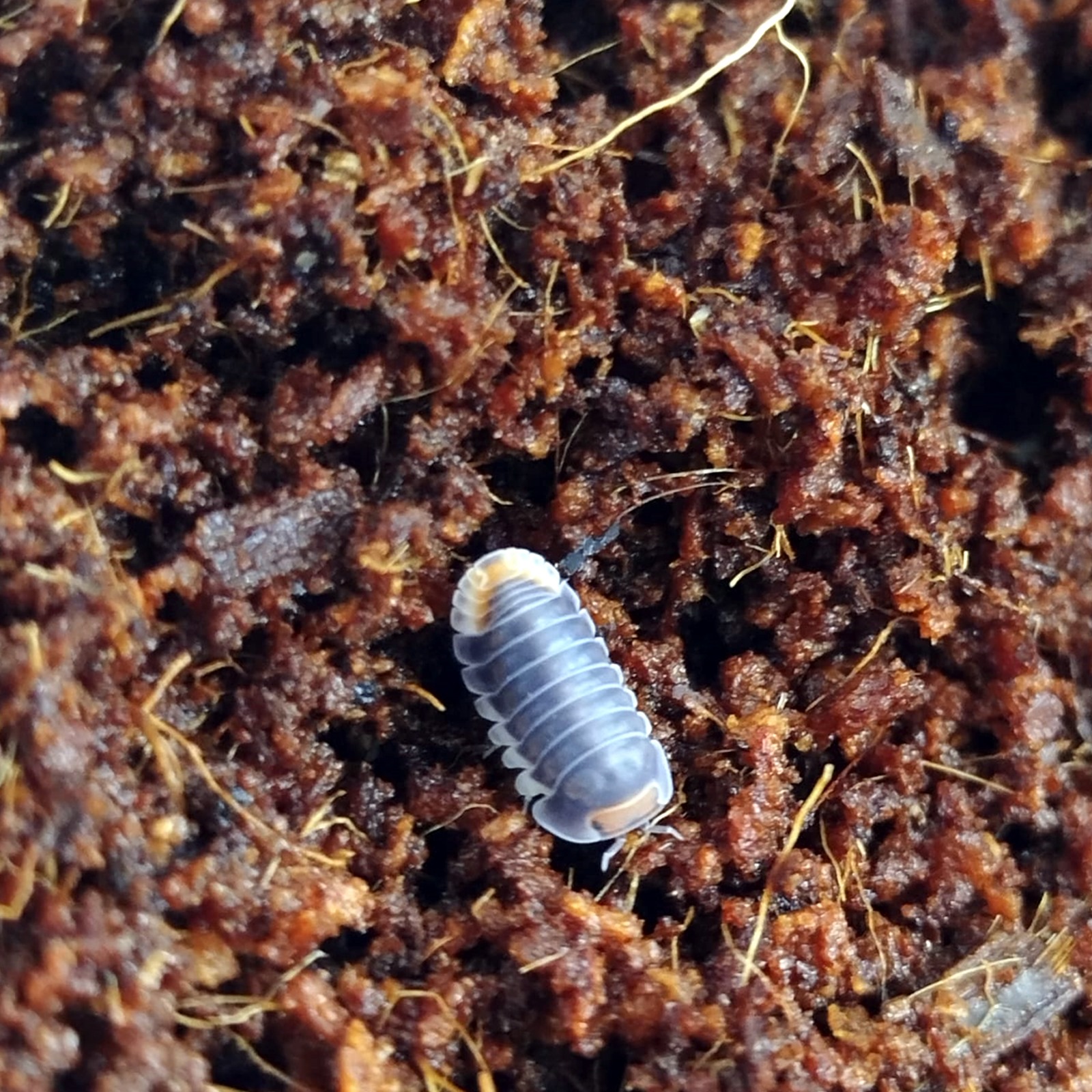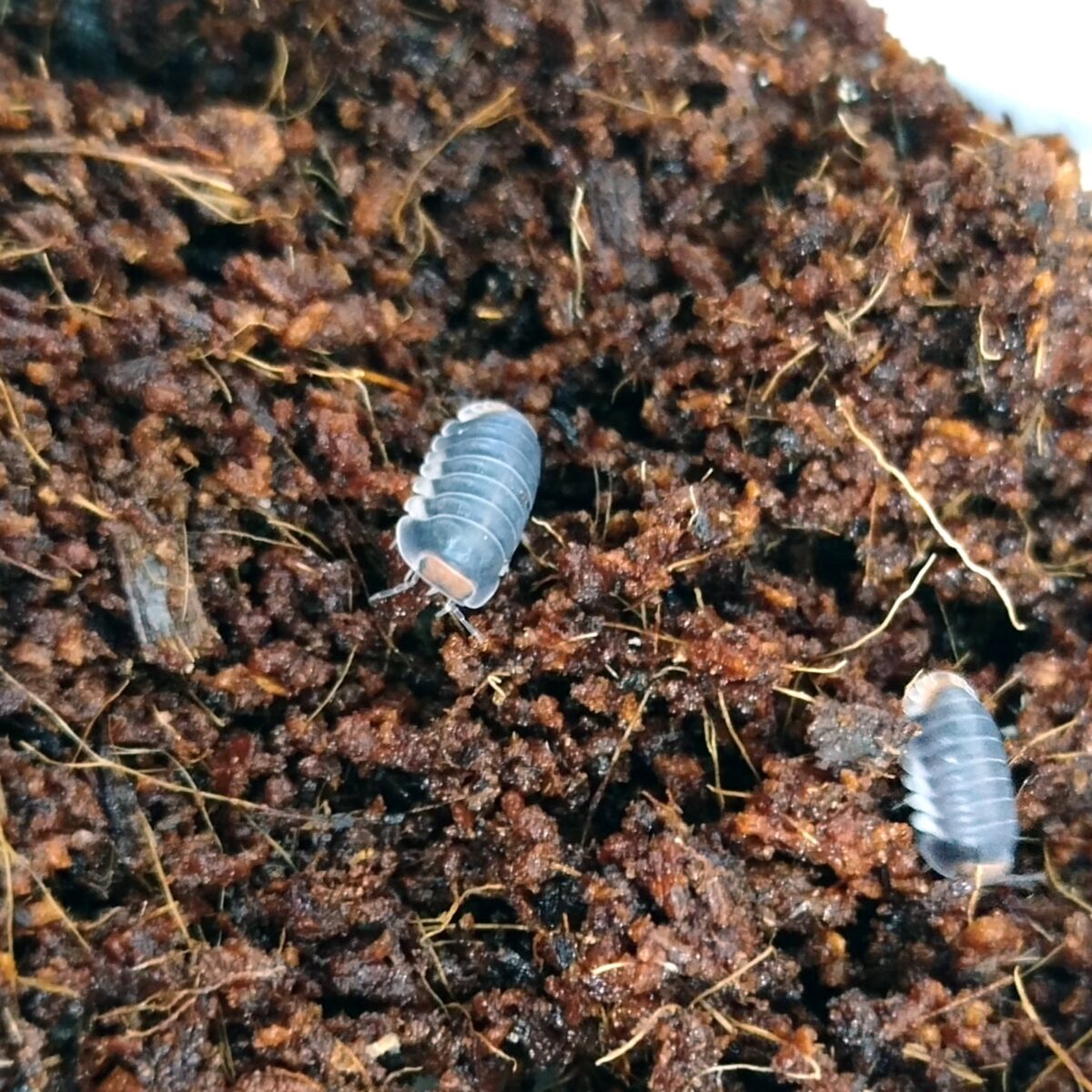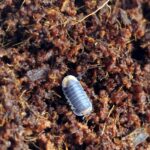
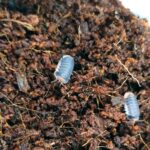
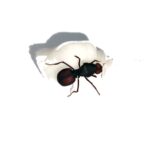
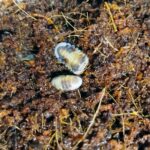
Cubaris sp. “Pak Chong”
12,00€ – 100,00€Price range: 12,00€ through 100,00€
The Cubaris Pak Chong 🌿 is an exotic isopod from Thailand, perfect for tropical terrariums. Its unique design and easy care make it ideal for enthusiasts. High humidity, natural substrate and varied diet. Add a special touch to your colony! ✨
Technical Data Sheet of the Isopod Cubaris sp. “Pak Chong”
Common Name: Pak Chong Isopod
Scientific Name: Cubaris sp. “Pak Chong”
Family: Armadillidae
Origin: Pak Chong, Thailand
Description
The Cubaris sp. “Pak Chong” is a small to medium-sized isopod with a rough-textured exoskeleton in shades of gray or brown, perfectly adapted for camouflage in its natural environment. Its robust appearance and ability to roll into a ball make it highly appealing to exotic isopod enthusiasts.
Size
- Adults: 1.5 cm to 2 cm in length.
- Juveniles: Approximately 0.5 cm.
Natural Habitat
- Climate: Tropical, with high humidity and warm temperatures.
- Substrate: Organic-rich soil, such as decaying leaves and wood.
- Humidity: Between 70% and 90%.
Captive Care Requirements
Recommended Terrarium:
- Ventilated container with a lid to maintain humidity.
- Minimum dimensions: 30x20x20 cm for a small colony.
Substrate:
- Mix of coconut fiber, dried leaves, sphagnum moss, and decaying wood.
Temperature:
- Ideal: 22-26°C (71.6-78.8°F).
- Minimum: 20°C (68°F).
- Maximum: 28°C (82.4°F).
Humidity:
- Keep the substrate consistently moist but not waterlogged. Spray regularly to maintain humidity levels.
Decoration:
- Add bark, logs, stones, and hiding spots to mimic their natural habitat.
Diet
Omnivorous. Their diet should include:
- Dried leaves (such as oak or beech).
- Fresh vegetables (zucchini, carrot, pumpkin).
- Protein supplements (fish flakes, shrimp pellets, or protein powder).
- Decaying wood and moss.
Supplements: Calcium (crushed eggshell or cuttlebone) to support exoskeleton development.
Reproduction
- Lifespan: 1 to 2 years under optimal conditions.
- Reproduction: Oviparous, with juveniles emerging fully formed.
- Breeding Rate: Slow, with a small number of offspring per generation.
Compatibility
It is recommended to keep them in species-specific colonies, as they are more sensitive to stress than other isopods and could be outcompeted by more active or aggressive species.
Interesting Facts
- Highly valued by collectors due to their slow growth and exclusivity.
- Named after the area where they were discovered, Pak Chong, Thailand.
| Options |
1 unit ,10 units |
|---|
Related products
Creobroter gemmatus
Sold out
Merulanella Scarlett
Sold out
Cubaris panda king
there is stock
there is stock
Gromphadorhina portentosa
there is stock
Phyllocrania paradoxa
Sold out
Peruphasma schultei
Sold out
Achrioptera manga (fallax)
Sold out

